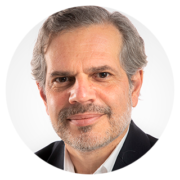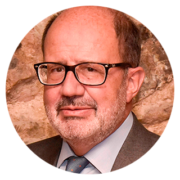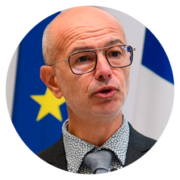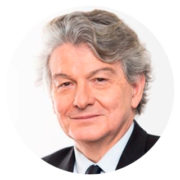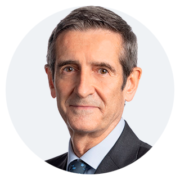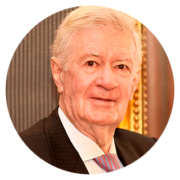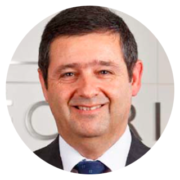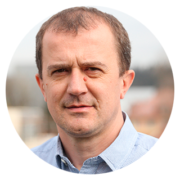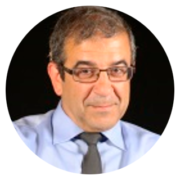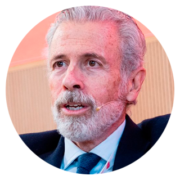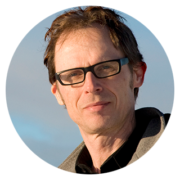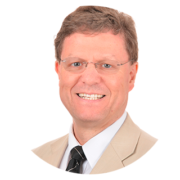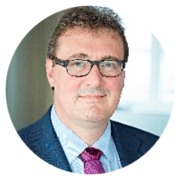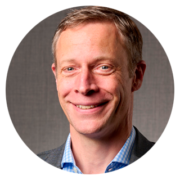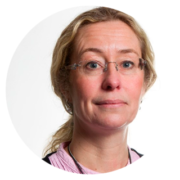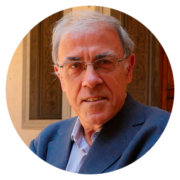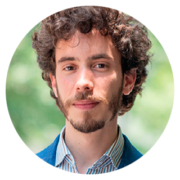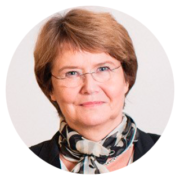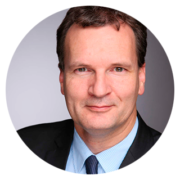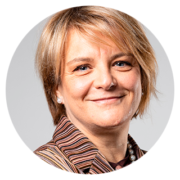Video-recordings of the conference
can be accessed using the following links:

Energy Challenges in Europe
The Role of Engineering in Securing Supplies and Technologies
Real Academia de Ingeniería, Don Pedro Street 10, Madrid
25 September 2023 from 8.30 to 18.00
Engineers play a key role in society through the design and importantly the implementation of positive solutions supporting society and the environment.
Engineering and Technology are key players in tackling energy challenges in Europe. Our Annual Conference will address current challenges such as power systems for security and reliability of clean energy, security of minerals supply, while maintaining European strategic sovereignty.
The energy transition in Europe brings significant changes for the energy sectors and industry, as well as widespread economic consequences. The most dramatic changes are expected for the oil and gas sectors in which engineering and technology will play a crucial role for delivering sustainable transformation.
The 2023 Euro-CASE Annual Conference will explore both the development of engineering solutions and the enablers, barriers and practicalities of technology deployment. Discussions will highlight how engineers can play a valuable role in guiding decision makers on how to make the best use of technological progress in order to solve complex transitional problems with many interdependencies.
Throughout this conference, we will showcase how engineers can provide valuable insights into the implementation of effective and sustainable solutions for the Energy challenges in Europe. Europe is in clear stage of transformation in which energy transition and digitalization is changing slowly but surely our society.
The Conference addresses three main issues related to these changes, electricity mix in which electrification and renewable are playing a greater role, the minerals and metals needed for the huge investments in renewables and electrification and the inevitable transformation of the oil and gas industries.
Three broad and key issues in which engineering is necessary and should provide sustainable solutions.
Speakers are well known Fellows of Academies or experts nominated by Academies. So, attending personally shall provide interesting opportunities to discuss, debate and gather fresh ideas on interrelated topics, furthermore provide the occasion to network in Madrid.
Please note that In-person attendance is limited, register as soon as possible.
The Conference will be organised as follows:
8.30 – 9.00
Registration
9.00 – 9.15
Opening session
- Antonio Colino Martinez, President of the Royal Academy of Engineering of Spain
- Tuula Teeri, President of Euro-CASE
9.15 – 9.45
Keynote speeches
- Thierry Breton (FR), European Commissioner for Internal Market
- Loreto Ordóñez (ES), Chief Executive Officer, Engie Spain
9.45 – 10.00
Introductory address from the European Commission
- Helene Chraye (FR), Deputy Director for RTD C “Clean Planet” and Head of Unit of C1 Clean energy transition
“Actual challenges for the Energy transition in Europe. The role of Engineering”
10.00 – 11.55:
First session: First session: Electricity mix and power systems for reliable supplies
A reliable supply of electricity must include sufficient installed and expected available capacity to meet demand – a long-term planning issue – as well as the readiness of existing capacity to respond when needed in operation to meet actual load – a short-term operational issue.
The European Union is committed to reconciling a reliable supply of electricity with a determined transition to a carbon neutral economy. From an engineering perspective, this goal can only be achieved through a multi-pronged approach.
This first session will examine some of the key technologies postulated for the power sector of the future, ranging from control strategies to cope with the variability of wind and solar generation, the role of demand response and storage to adapt to the changing conditions of the power sector and improve its reliability and efficiency, to the stabilising contribution of nuclear power to the electricity generation mix and the search for an appropriate composition of this mix.
Introduction and set of the scene and the key issuess.
Moderator: Ignacio Perez Arriaga, Fellow RAI
- System analysis of the capacity of decarbonized electricity mixes to support the decarbonisation of the economy
Daniel Iracane (FR), NATF - To balance supply and demand in future electricity systems
Filip Johnsson (SE), Department of Energy and Environment, Energy Technology, Chalmers University of Technology, Göteborg - Electricity storage and flexibilities for supporting renewable power generation
Dirk Uwe Sauer (DE), RWTH Aachen, E.ON Energy Research Centers
Moderated discussion between speakers and the audience
- Renewables integration in the electricity system, the case of Spain
Tomás José Domínguez Autran (ES), Director of Operation, Red Eléctrica de España - The role of Nuclear in the Electricity Mix for the Energy transition
Francisco Suarez Ortiz (ES), Vice-Chair of the European Nuclear Society Young Generation Network (ENS-YNG), Tecnatom*
Moderated discussion between speakers and the audience
11.55 – 12.20: Coffee break
12.20 – 14.15:
Second session: Energy transition and Digitalization: the challenge of minerals for a strategic sovereignty
As Europe undergoes an accelerating process of energy transition and digitalization, the continent is facing numerous challenges. Both trends require minerals to build the components and equipment needed to carry out investments in renewables and electrification.
While Europe is striving to reach climate neutrality by 2050, thus decreasing its dependency on fossil fuels. These efforts may lead to a larger dependency on minerals from regions and countries outside Europe, along with undesirable geopolitical consequences.
The European commission and several European countries are designing and taking actions to improve their strategic sovereignty. Spanning from the exploration of domestic mineral resources to mining and metallurgy, these actions aim to reinforce the value chain in their territories.
This session will address these issues with a focus on the role of engineering. The different views and perspectives presented will aim to respond to the challenge of minerals dependency.
Introduction, set of the scene and key issues.
Moderator: Eloy Alvarez Pelegry, Fellow of the RAI and Professor Ad honoren at Superior Technical School of Mining and Energy in Madrid
- Strategic Minerals for Energy Transition, France strategy in the European context
Stephane Bourg (FR), BRGM, Director of the French Observatory of Mineral Resources (OFREMI) - The role of engineering in new technologies for mining exploration and operations
Susanne Norgren (SE), Group Expert Materials Design, Department of Mechanical Engineering, Division of Production and Materials Engineering, Lund University - The role and possibilities of circularity for metals
Egbert Lox (BE), Former Senior Vice President Government Affairs Umicore and Honorary Professor at Karlsruhe Institute of Technology
Moderated discussion between speakers and the audience
- Alternative materials for future batteries
Robert Dominko (SI), National Institute of Chemistry and associate professor at University of Ljubljana - Ethical and environmental responsibility of engineers in Energy transition and Digitalization.
Migle Laukyte (LT), Member of the European Group on Ethics in Science and New Technologies (EGE) - The role of engineering and new technologies in metallurgy operations
Mark Jolly (UK), Professor and Director of Manufacturing Academic & Business Support, Cranfield University
Moderated discussion between speakers and the audience
14.15 – 15.20: Informal lunch
15.20 – 17.05:
Third session: The role of Engineering in the transformation of the oil and gas sectors
The energy transition is an unprecedented challenge. In the past, changes in the energy mix came after the development of new technologies. Now, these roles are reversed: we want to change the energy mix to address climate change, but we need new technologies to make it happen. The urgency of the energy transition requires substantial efforts to innovate, develop, and deploy new technologies, and to do it as quickly as possible.
This session will focus on the role of engineering in transforming upstream and downstream in the oil and gas sector as a means to reduce (and ultimately eliminate) its carbon footprint through increased efficiency, integration with renewables, and carbon capture.
Introduction and set of the scene and key issues.
Moderator: Luis Cabra Dueñas, EMD Energy Transition, Technology, Institutional Affairs, & Deputy CEO, Repsol
- System Engineering Development for biofuel and synthetic fuel
Nicolas Aimard (FR), SVP of TotalEnergies OneTech - How Engineering is adapting and transforming for improving efficiency in Refineries for decreasing CO2 emissions
Andrea Ramirez Ramirez (NL), aculty of Technology, Policy and Management, Technical University of Delft* - The role of hydrogen in Oil and Gas industry in the Energy Transition
Joachim Meister (UK), Senior Vice President Global Power & New Energy, Worley
Moderated discussion between speakers and the audience
- Engineering and Technologies opportunities: keys for transition in oil and gas sectors
Francesca Zarri (IT) ENI’s CTO - Carbon Capture Storage
Marie Bysveen (NO), Chief Market Developer at SINTEF Energy for CCUS and Smart Sustainable Cities - Carbon Capture and Use
Vicente Cortés Galeano (ES), President INERCO
Moderated discussion between speakers and the audience
17.05 – 17.50:
Closing of the Conference
- Antonio Colino Martinez, President of the Royal Academy of Engineering of Spain. Representative from the Spanish administration (tbc).
- Tuula Teeri, President of Euro-CASE
- Miklos Bendzsel, President of the Hungarian Academy of Engineering, hosting the 2024 Annual Conference
*ECP: Early Career Professional
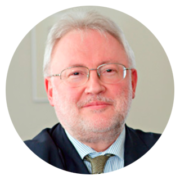
Miklos Bendzsel
President of the Hungarian Academy of Engineering
Hélène Chraye
Deputy Director for RTD C “Clean Planet” and Head of Unit of C1 “Clean energy transition”
Filip Johnsson
Department of Energy and Environment, Energy Technology, Chalmers University of Technology, Göteborg
Susanne Norgren
Group Expert Materials Design, Department of Mechanical Engineering, Division of Production and Materials Engineering, Lund University (tbc)
Prof. Ignacio Pérez-Arriaga
Fellow RAI
Professor of Engineering, Economics and Regulation of the Electric Power Sector
Tuula Teeri
Finnish molecular geneticist
President of the Royal Swedish Academy of Engineering Sciences (IVA)
President of Euro-CASE





